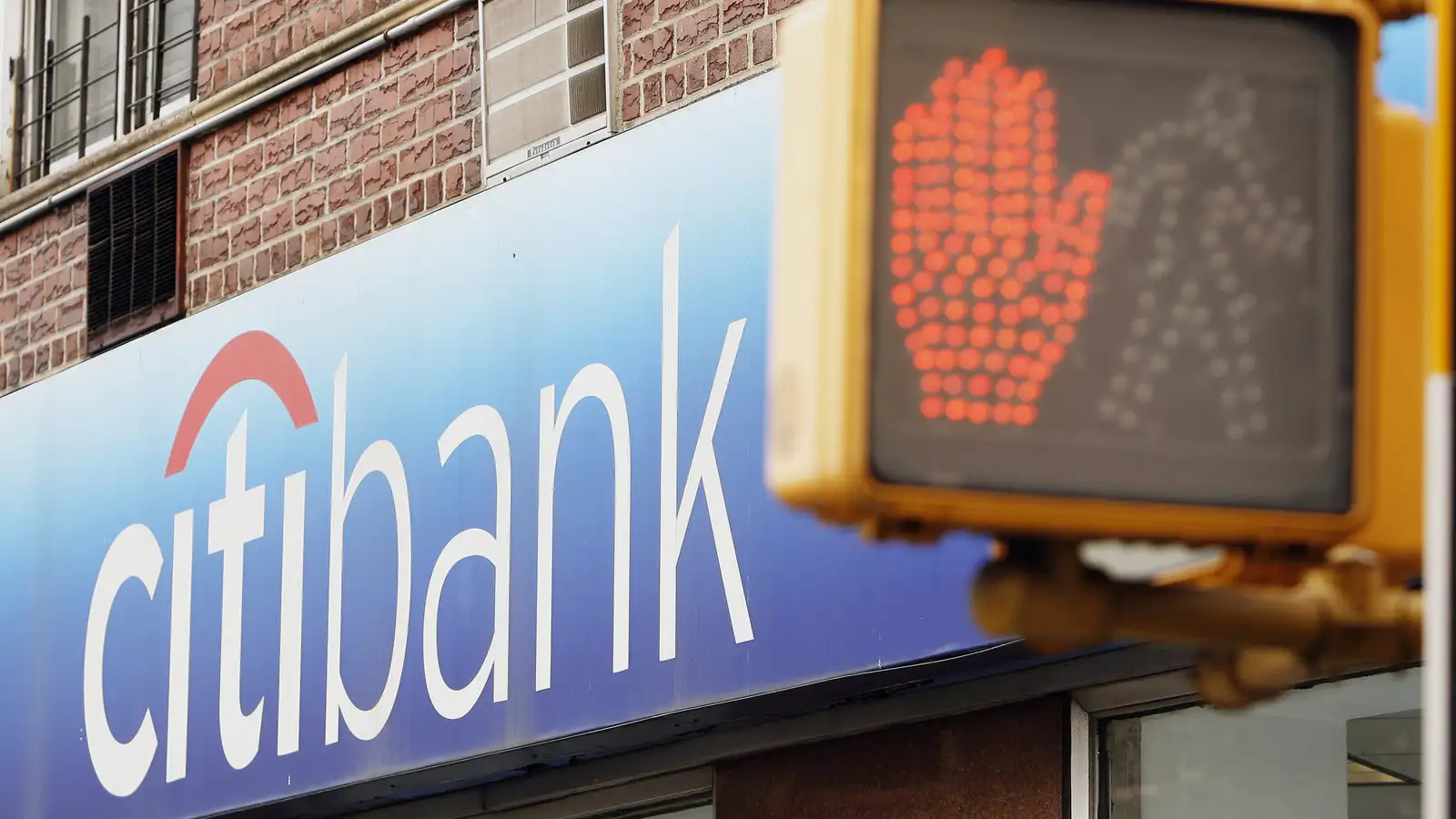In the bustling streets of New York City, the imposing facade of Citibank stands as a beacon of financial stability and trust. However, recent allegations by New York Attorney General Letitia James have cast a shadow over this image. A lawsuit filed in the US District Court for the Southern District of New York accuses Citibank of failing to reimburse scam victims, exposing them to financial ruin due to what is described as inadequate online security measures.

Citibank Scam: A Breach of Trust
The core of the lawsuit illuminates a troubling scenario: Citibank’s digital defenses, or the lack thereof, have purportedly opened the floodgates for unauthorized account takeovers, leading to significant financial losses for its customers. From life savings and college funds to essential living expenses, New Yorkers have faced devastating impacts due to what the Attorney General’s office deems as “illegal and deceptive acts and practices.”
“Citibank has not deployed sufficiently robust data security measures to protect consumer financial accounts,” the lawsuit claims, highlighting a stark discrepancy between the bank’s security promises and its delivery. This alleged negligence has not only cost citizens millions but has also shaken the foundation of trust that the banking sector so heavily relies on.

Victims’ Voices
The lawsuit brings to light heart-wrenching stories of individuals who, through no fault of their own, have seen their financial security vanish. One such tale involves a New York woman who, after receiving a notification of suspicious activity, unwittingly engaged with a scammer posing as a Citibank representative.
Despite her immediate efforts to rectify the situation, she lost $35,000. Citibank’s response—or lack thereof—in providing reimbursement adds a layer of despair to her story.
Another case details a customer’s loss of $70,000 after reporting suspicious activity to her local branch, only to be dismissed and later found her account compromised. These stories underscore a chilling reality: the victims, despite following their instincts to protect their assets, were left unsupported by Citibank.
🇺🇸 🔴 ‼️ BREAKING: NEW YORK SUES CITIBANK FOR NOT REIMBURSING FRAUD VICTIMS
New York State is suing Citibank, alleging the bank's failure to adequately protect and reimburse fraud victims. Attorney General Letitia James filed the lawsuit, claiming Citibank's lax security allowed… pic.twitter.com/iEJNBvj4sD
— SVS NEWS AGENCY (@svsnewsagency) February 6, 2024
Citibank’s Defense
In the face of these serious allegations, Citibank stands by its security protocols and refund policies. The bank emphasizes its adherence to laws and regulations concerning wire transfers and its commitment to preventing fraud. Citi highlights the industry-wide challenge of wire fraud and outlines its efforts to enhance client security through advanced protocols and educational initiatives aimed at scam awareness.
However, the Attorney General’s lawsuit argues that under the Electronic Fund Transfer Act (EFTA), banks like Citibank are obligated to reimburse customers for unauthorized transactions, drawing a clear line in the sand between policy and legal responsibility.

The Path Forward
As the legal battle unfolds, the implications for Citibank and its customers are profound. The lawsuit not only seeks restitution for those affected but also aims to enforce stricter consumer protection measures, ensuring that financial institutions bear the responsibility for securing their clients’ assets against evolving threats.
This case serves as a critical reminder of the importance of robust digital security practices in safeguarding financial integrity. For Citibank, it’s an opportunity to reassess and reinforce its defenses, restoring faith in its ability to protect its customers in an increasingly digital world.
As the story develops, all eyes will be on the outcome of this lawsuit and its potential to reshape the landscape of consumer banking security. For the victims of these scams, justice may finally be on the horizon, but the scars left by these breaches of trust will undoubtedly take longer to heal.










